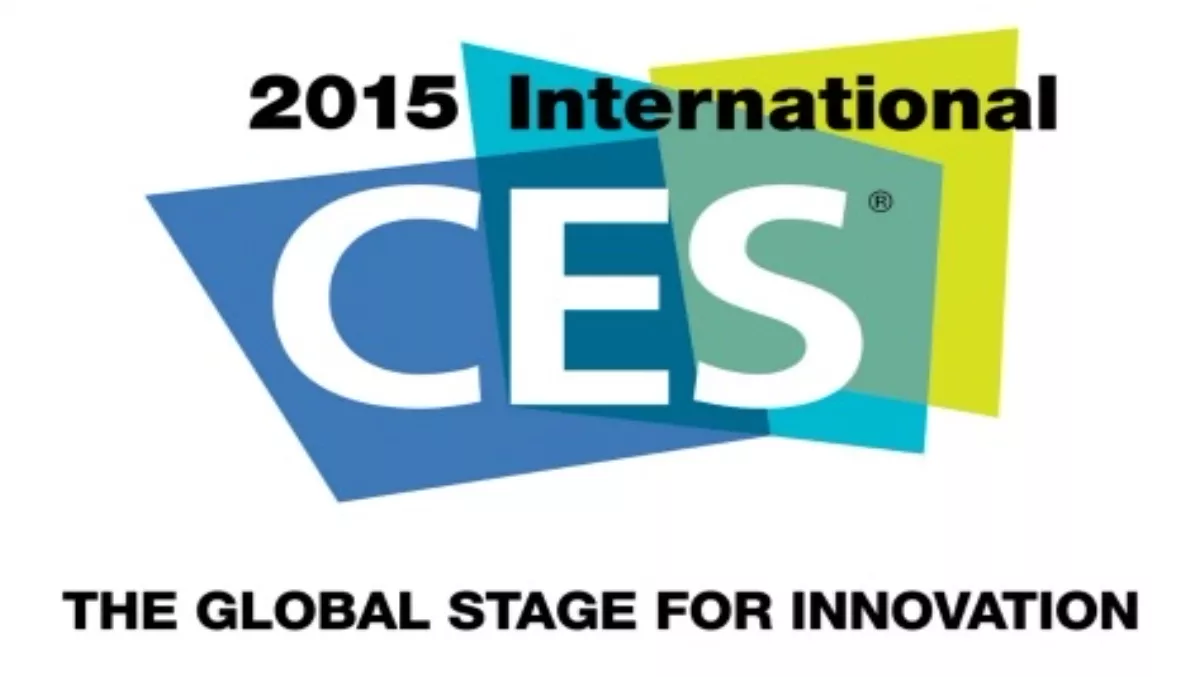
Intel, Ford and innovation at International CES 2015
CEA has forecasted 2015 will be a record breaking year for industry revenue, and says emerging technologies will drive this growth.
At the International CES event, a number of companies announced their plans for 2015, Ford and Intel among them.
Intel Corporation CEO, Brian Krzanich, says 2015 will mark the next technology consumer wave.
"We're moving from a two-dimensional world to a three-dimensional world. This additional dimension will change how we experience computing," he says.
Krzanich talked about three key trends that will contribute to this shift: computing unleashed, intelligence everywhere and the wearable evolution.
He also talked about what Intel is working on for 2015. This includes technology such as Real Sense, which interprets depth; True Key, which replaces passwords with recognition capabilities; and Curie, the wearable that identifies different sporting activities.
Live demonstrations gave an indication how these technologies could be used - for example Intel showed how a Real Sense technology jacket could provide physical cues for people with visual disabilities by navigating drones through an obstacle course.
As well as working on these technologies, Intel is set to develop existing technologies and partnerships. For instance, Dion Weisler, HP Printing and Personal Systems, announced the new HP multi-jet fusion 3D printing will be powered by Intel's processing.
Mark Fields, Ford Motor Co. CEO, announced the Ford Smart Mobility Plan. As part of the plan, 25 experiments will take place around the world, with connectivity and mobility two key areas of focus.
OpenXC, Ford's open source hardware and software, will help developers to create solutions for today's customer, says Fields.
During his speech, Fields talked about Ford's plans to develop the next generation of fully autonomous cars. Currently, the company is testing Fusion Hybrid, a fully autonomous car which uses LiDAR sensors to sense objects and advanced algorithms to help predict vehicle and pedestrian traffic.
"Our priority is not in making marketing claims or being in a race for the first autonomous car on the road. Our priority is in making the first Ford autonomous vehicle accessible to the masses and truly enhancing customers' lives," Fields says.
"We are driving innovation in every part of our business to be both a product and mobility company – and, ultimately, to change the way the world moves just as our founder Henry Ford did 111 years ago," he says.


